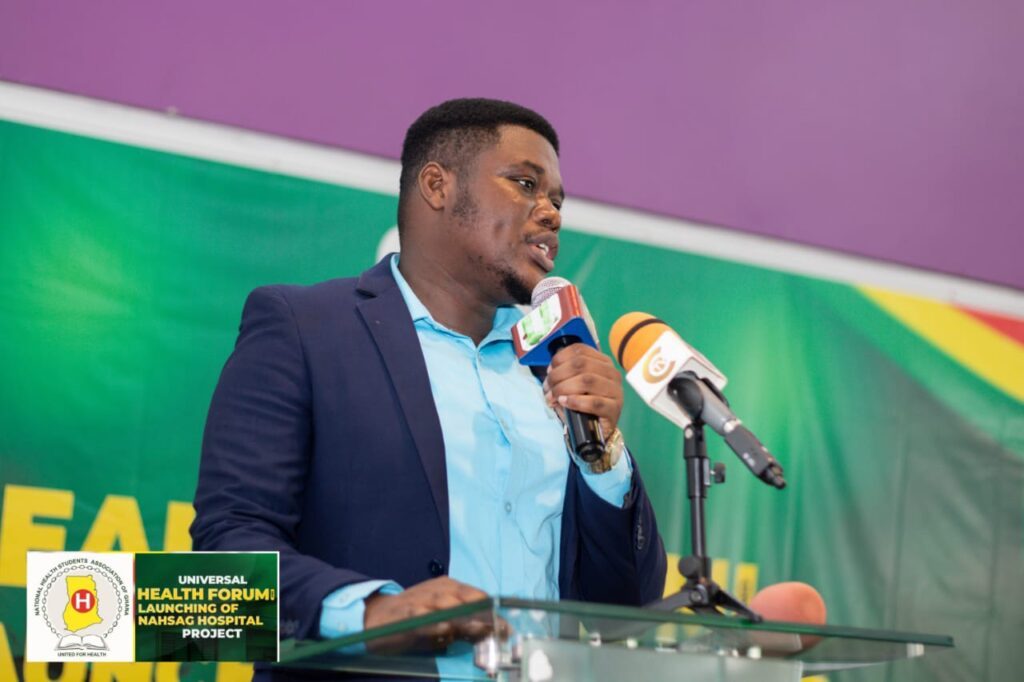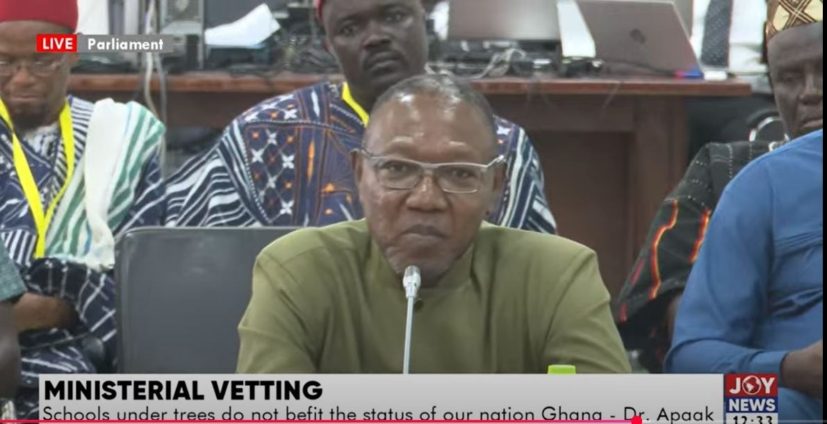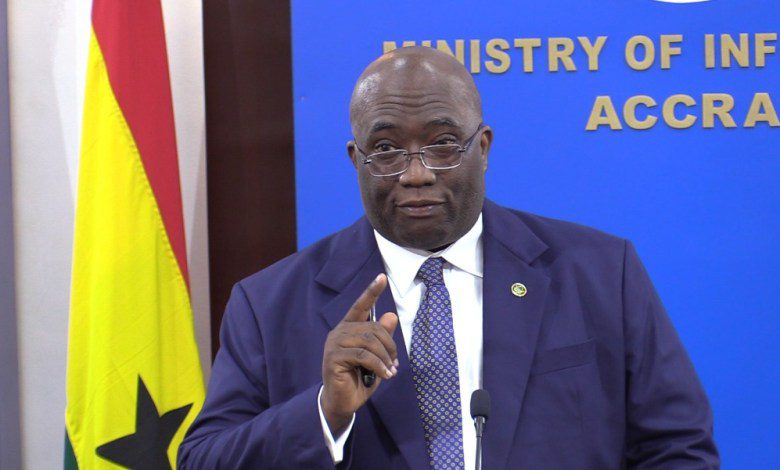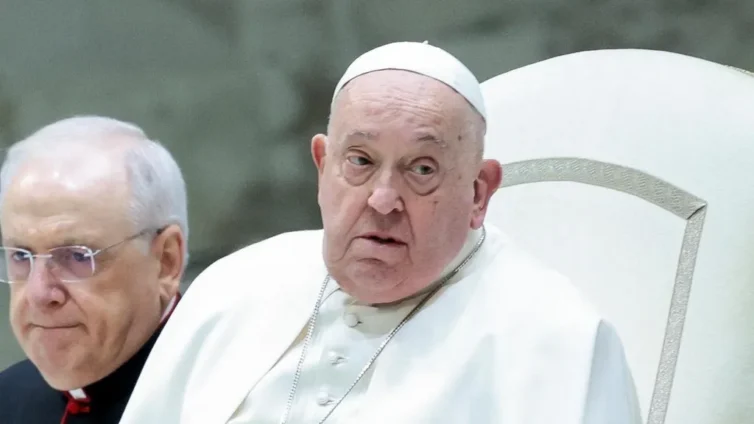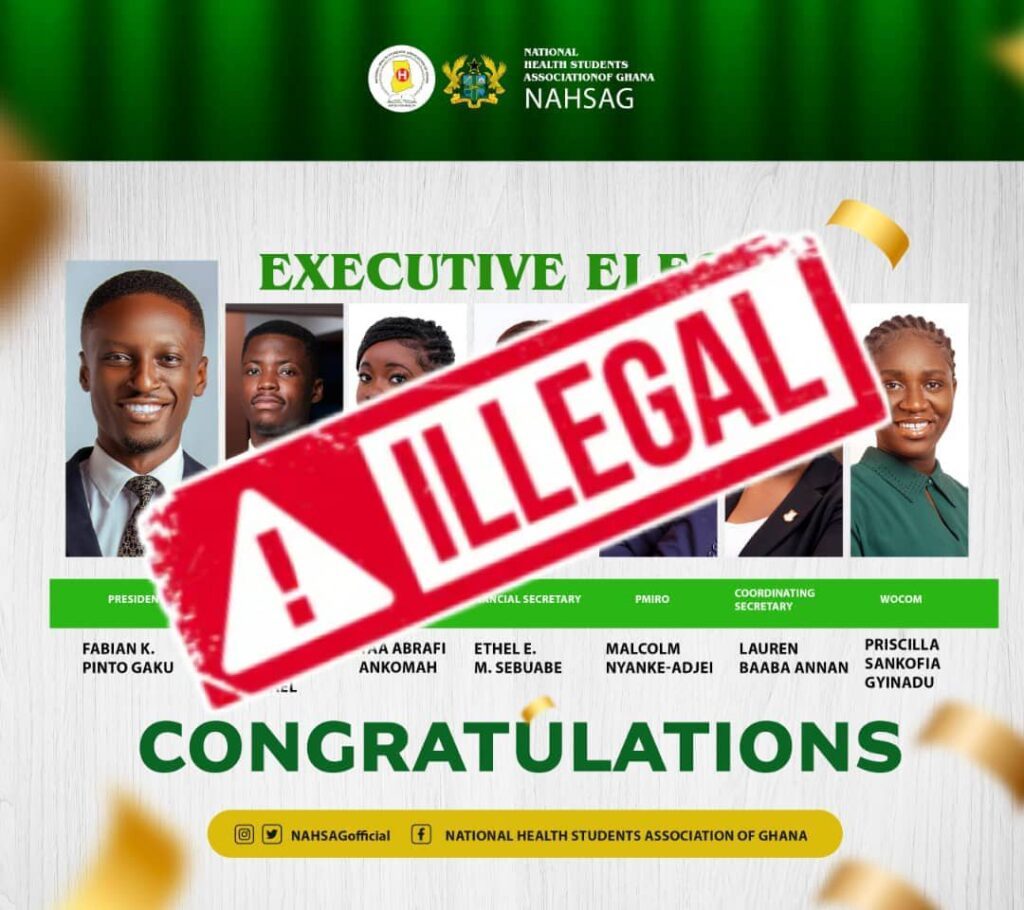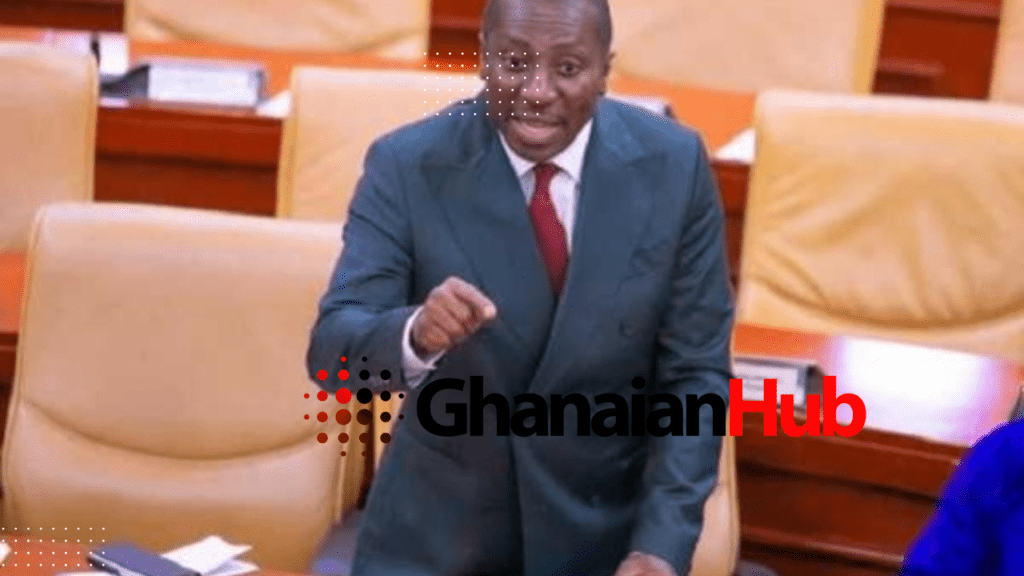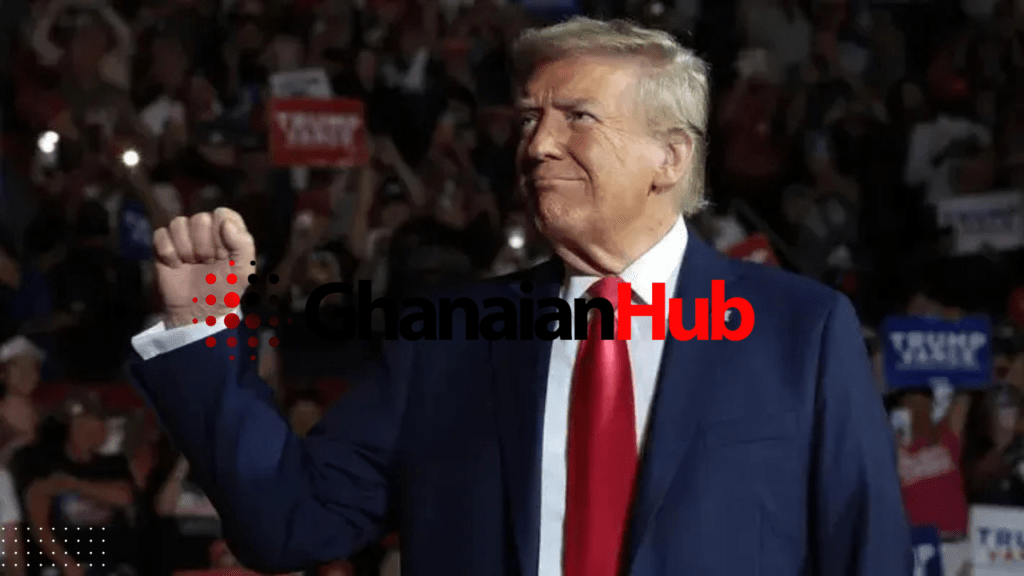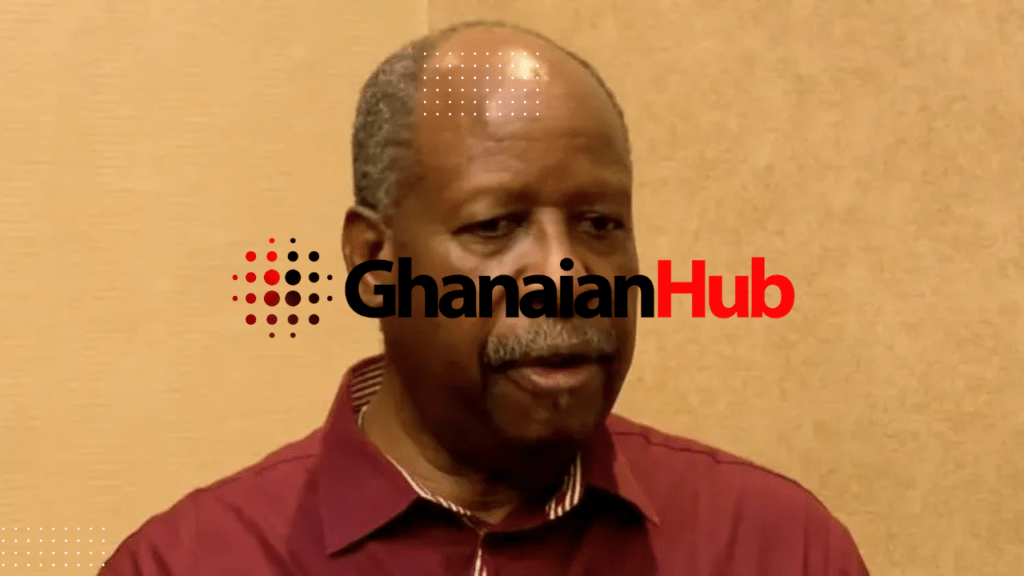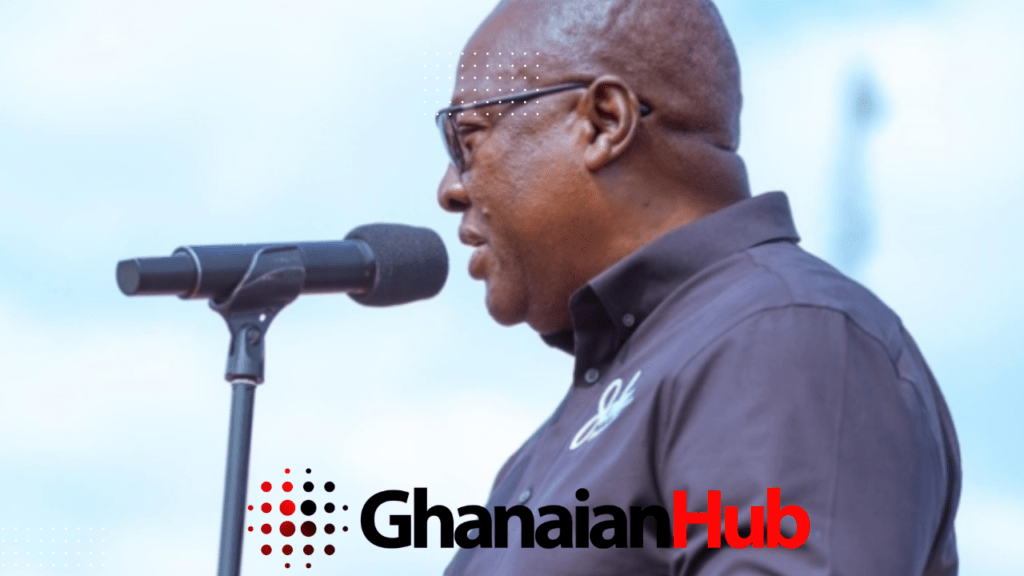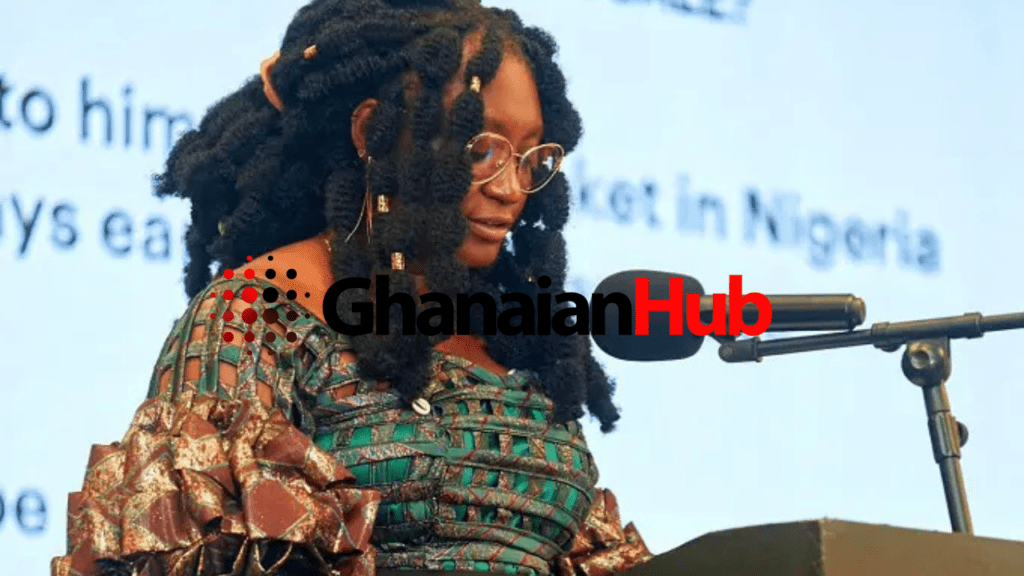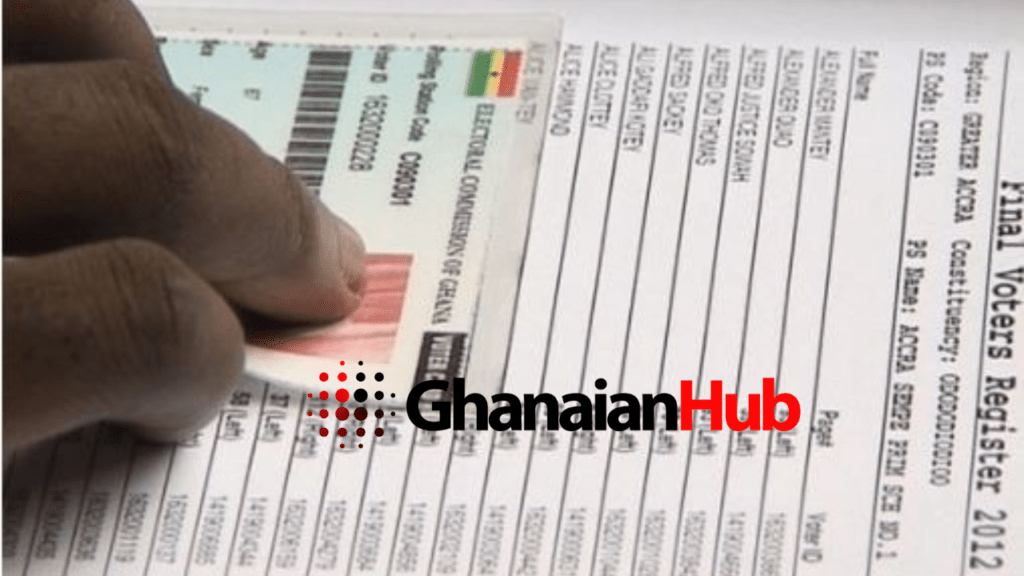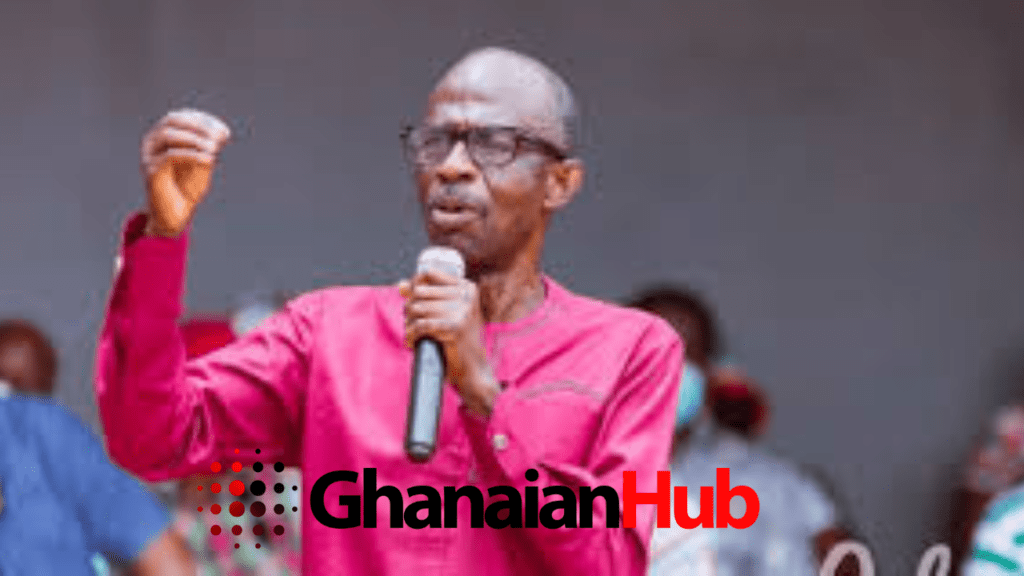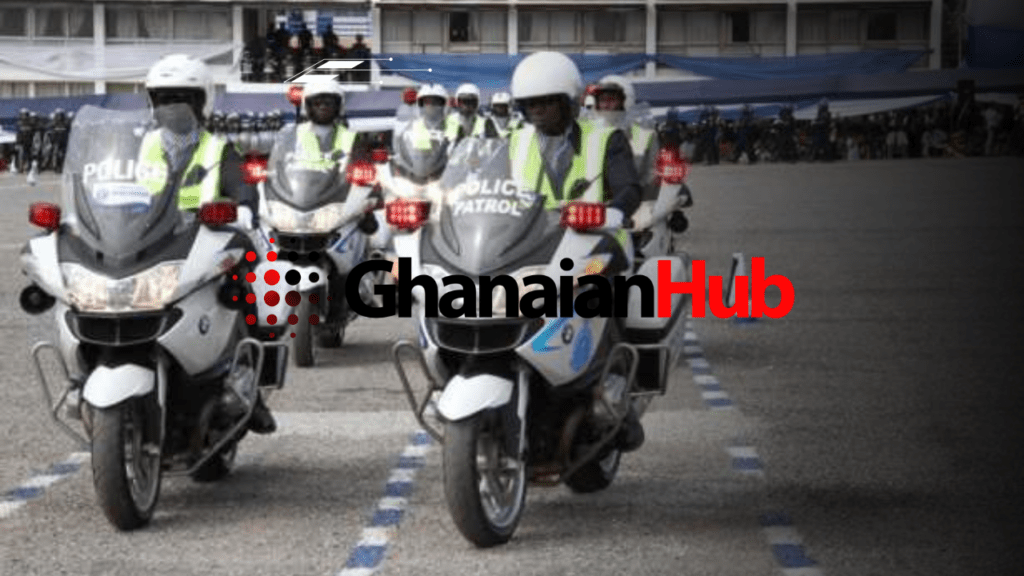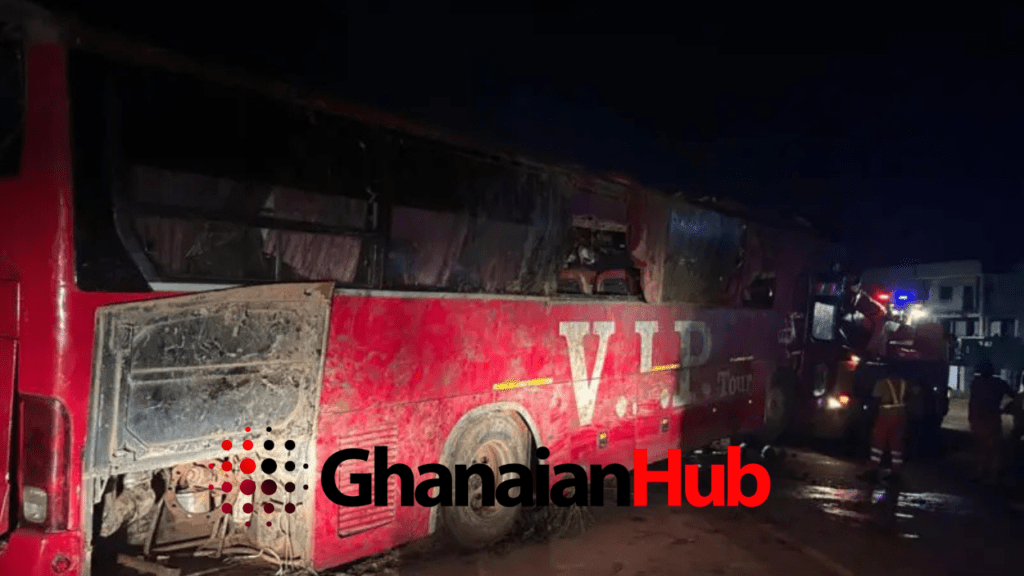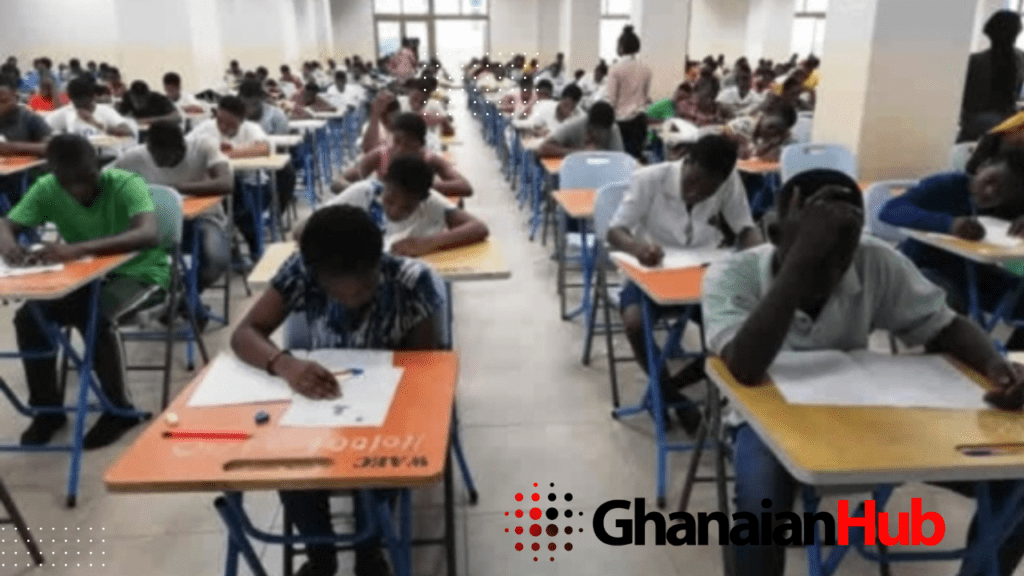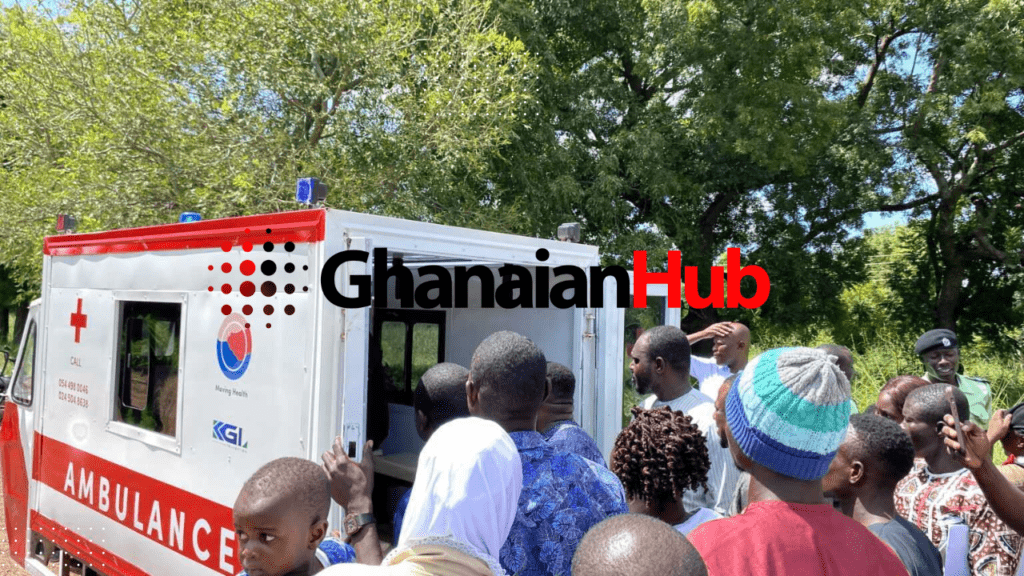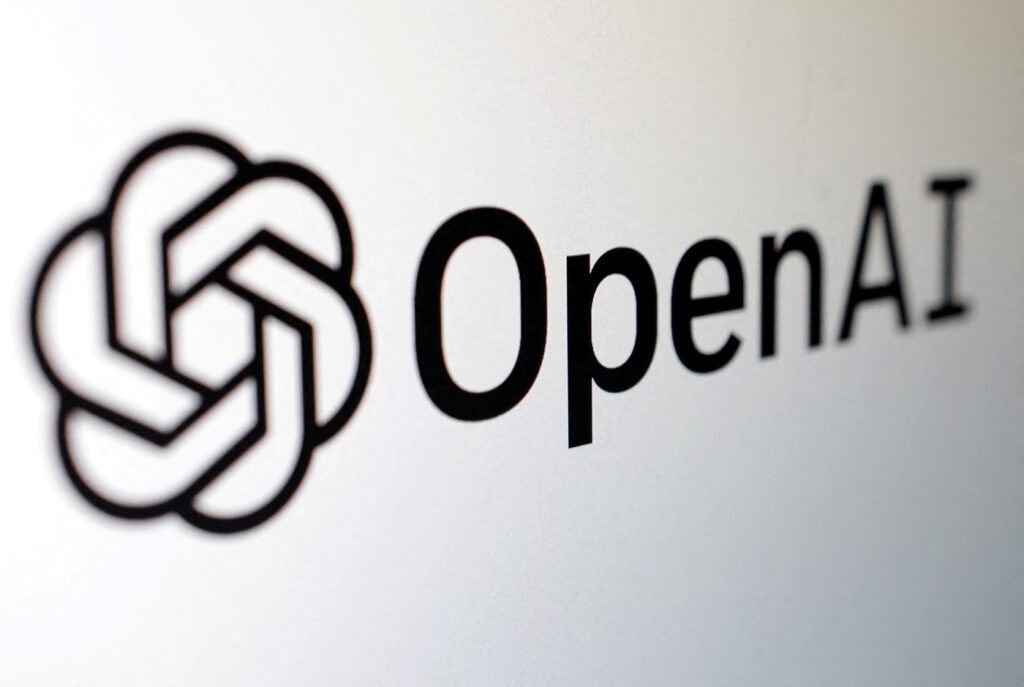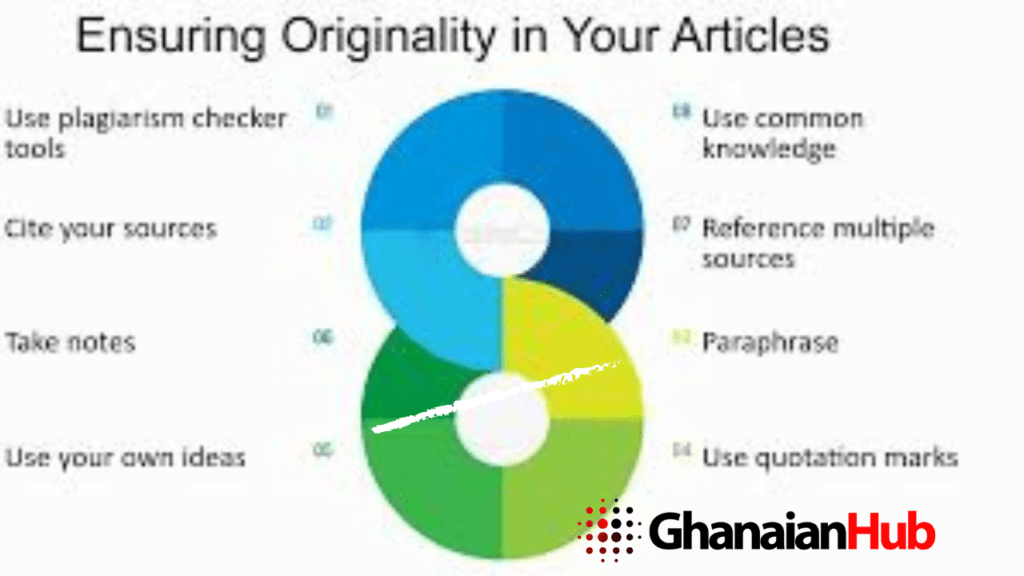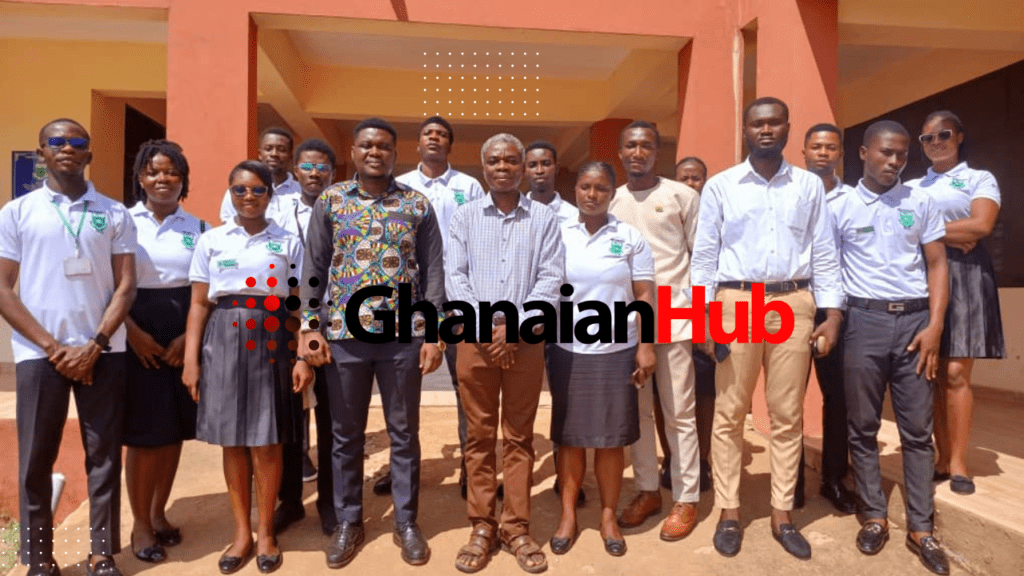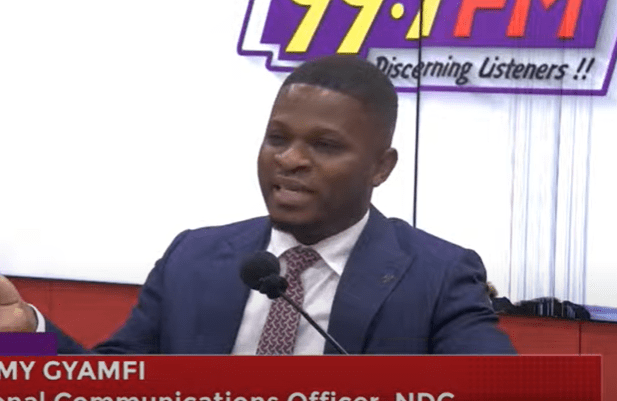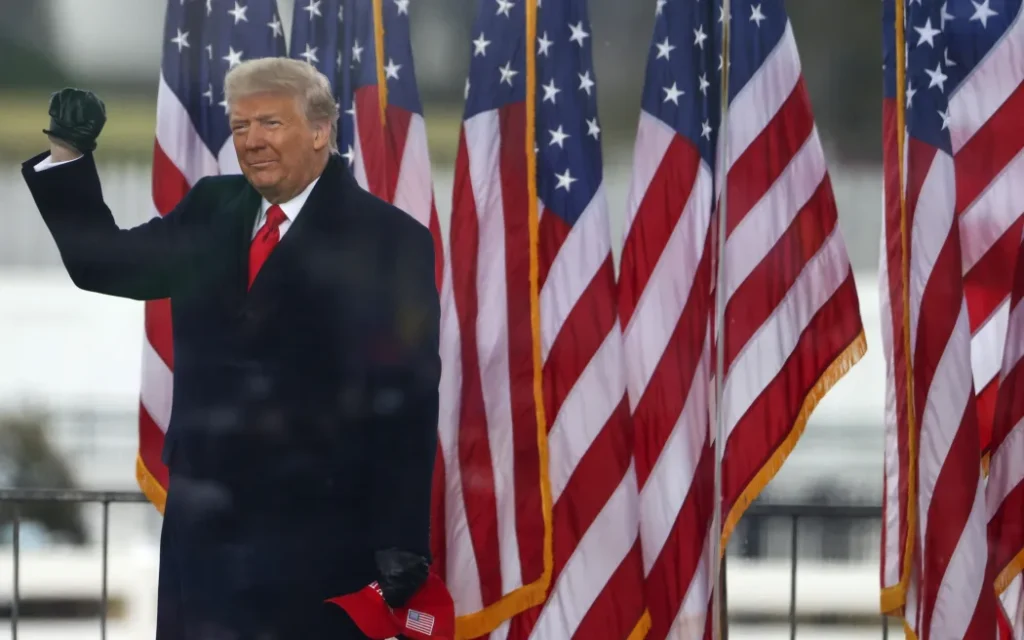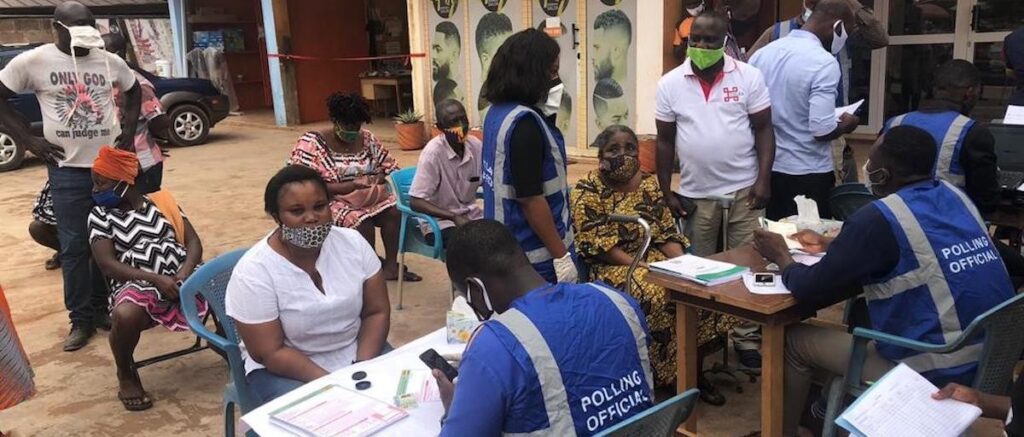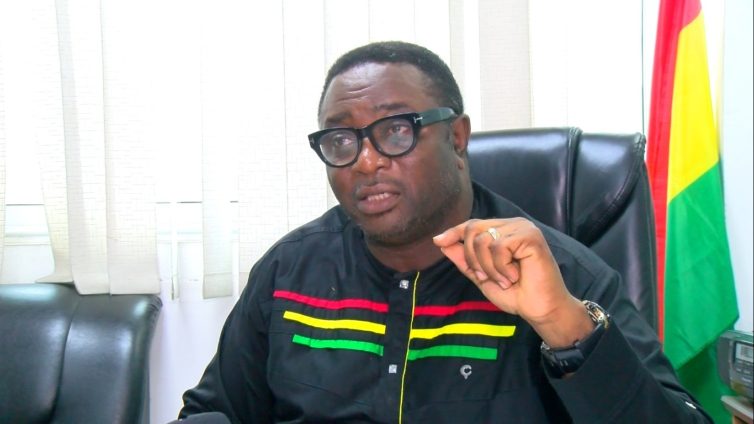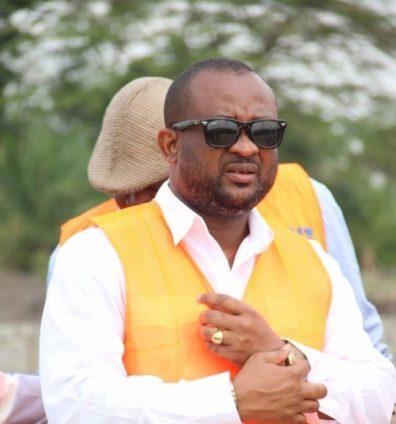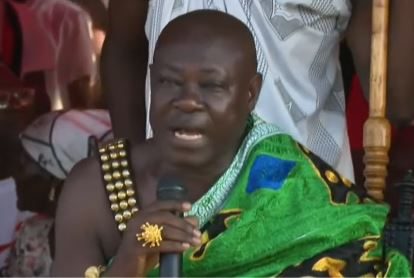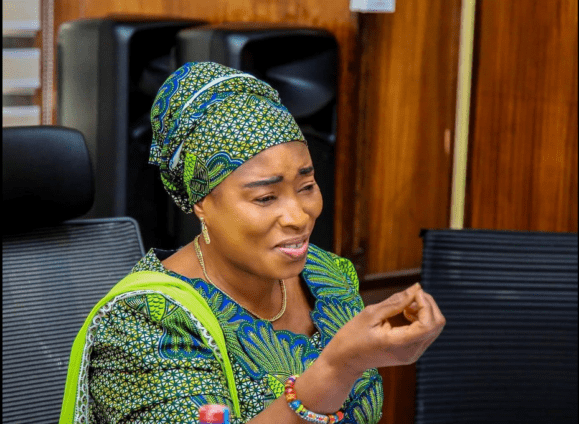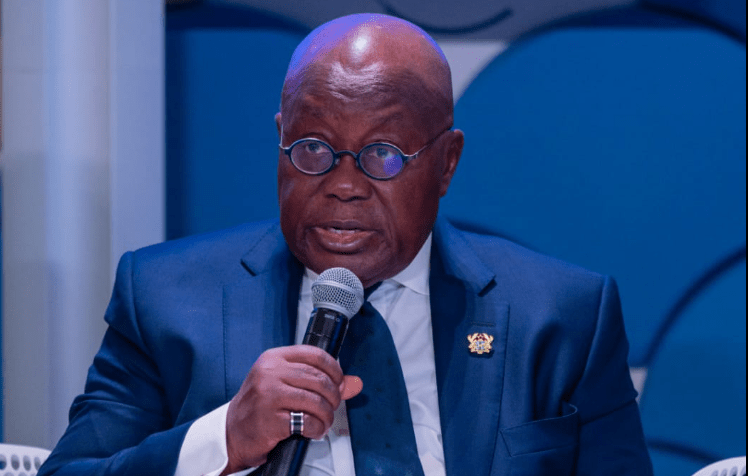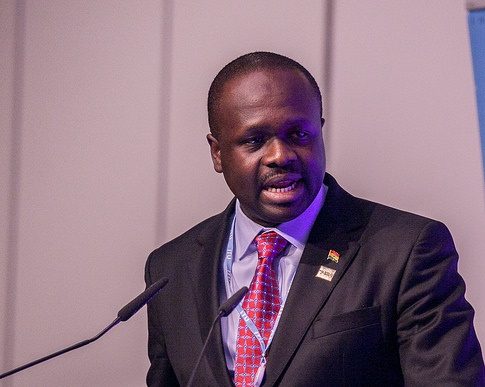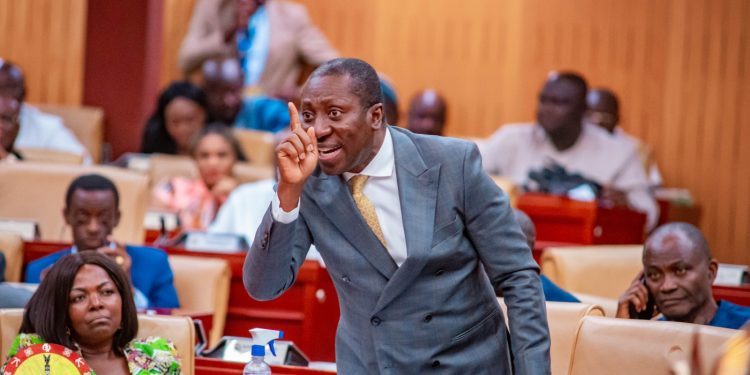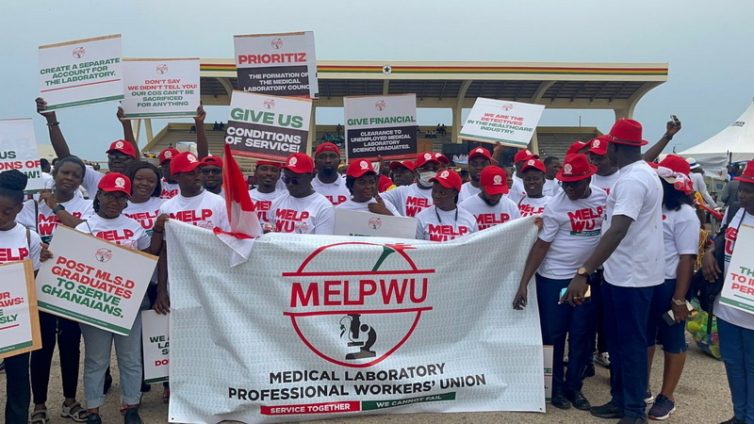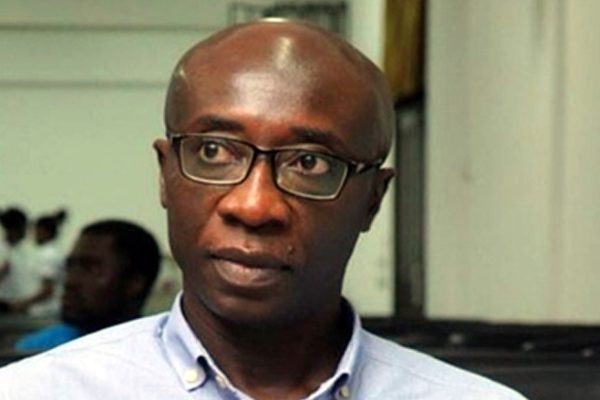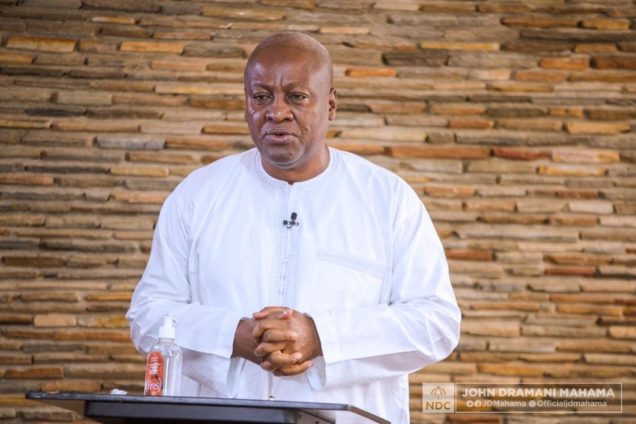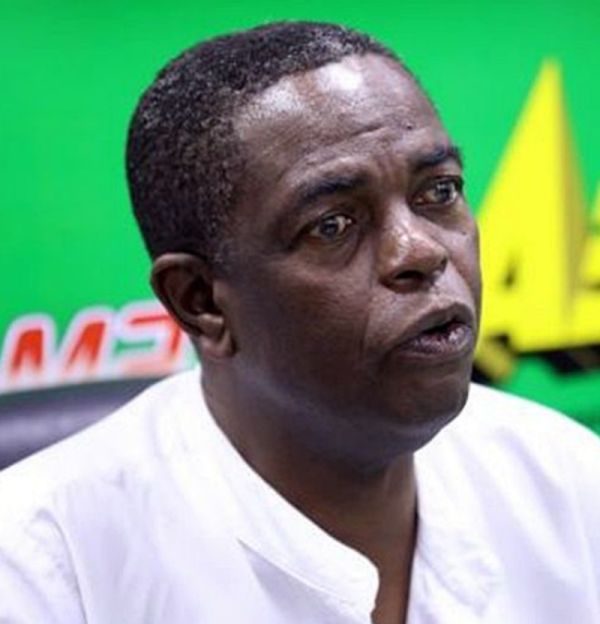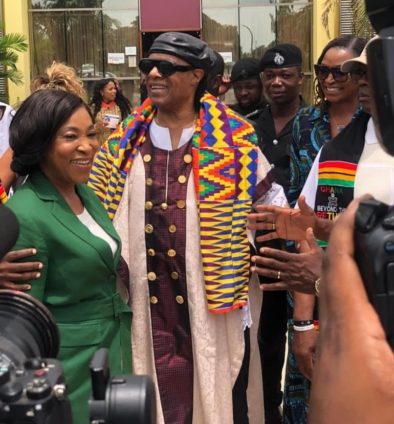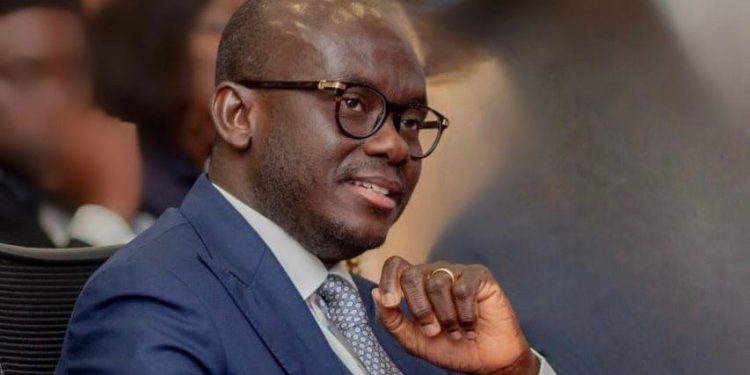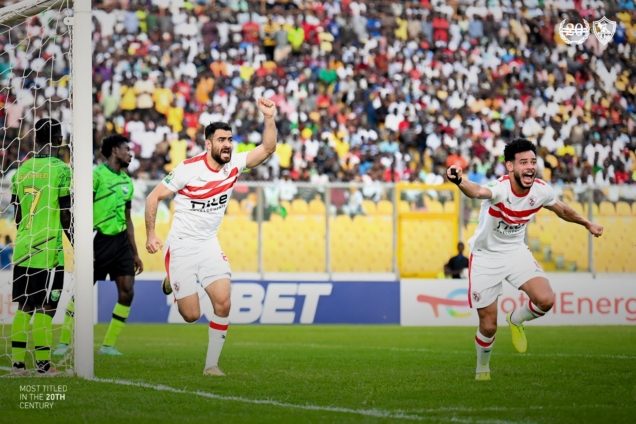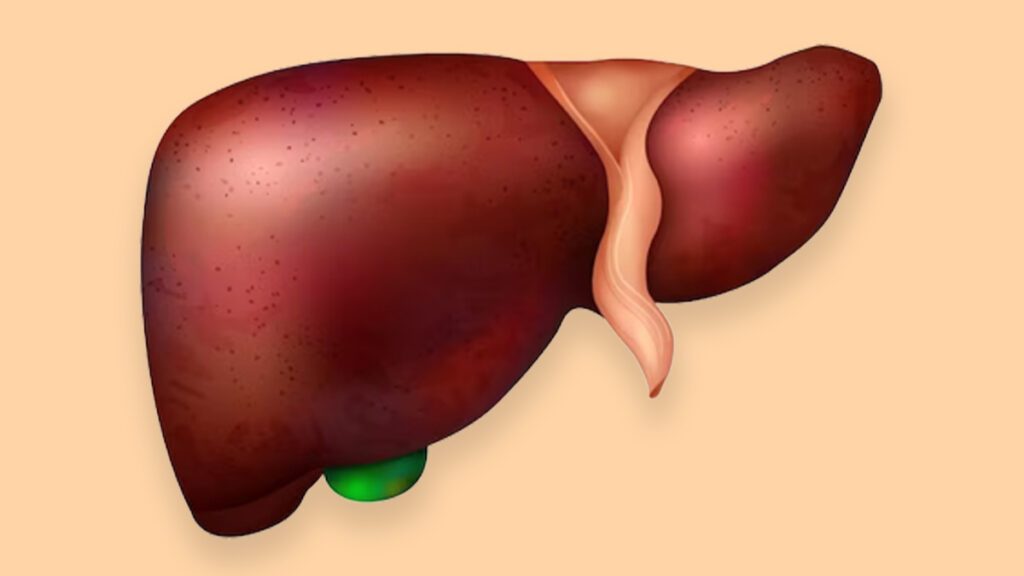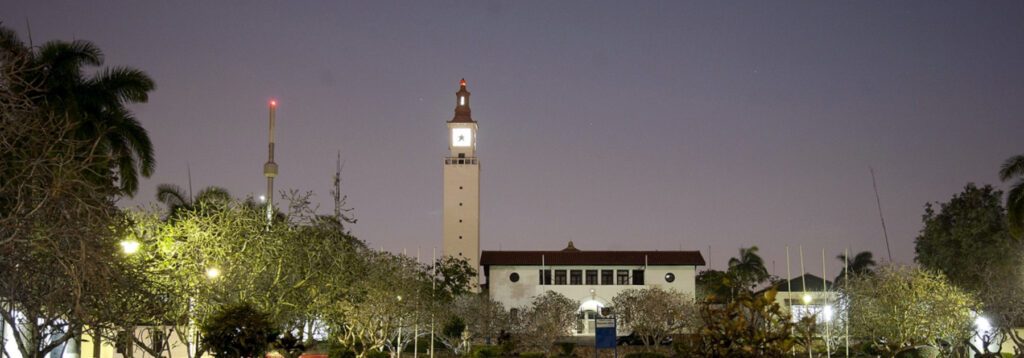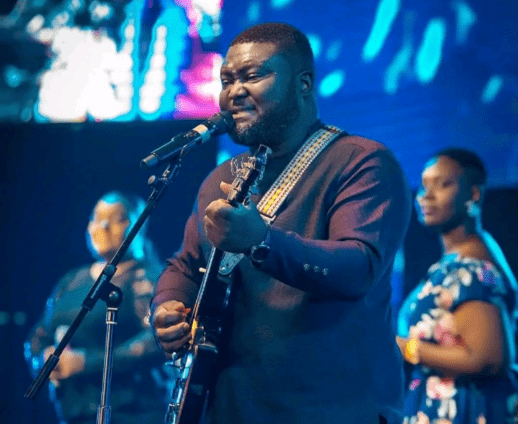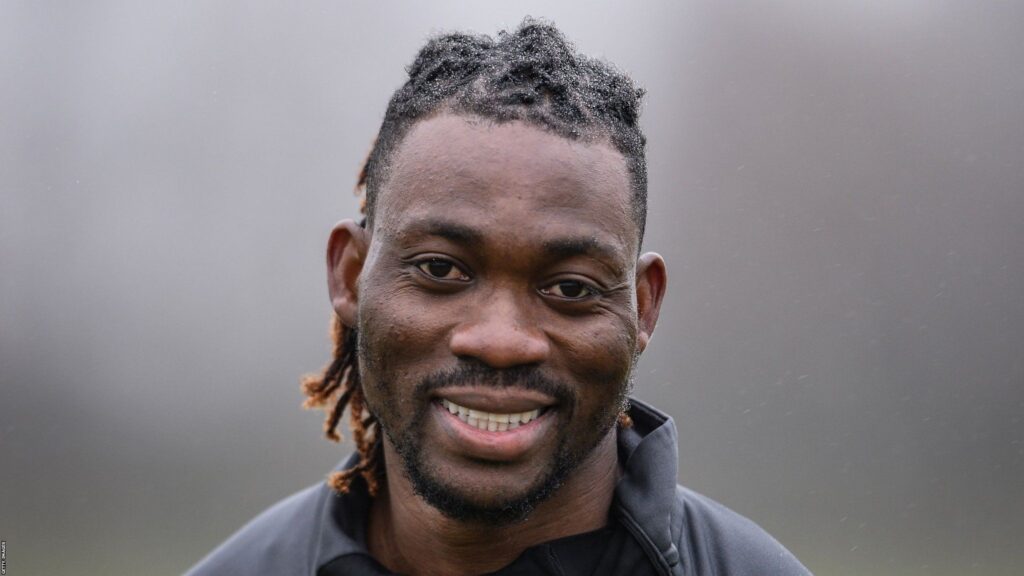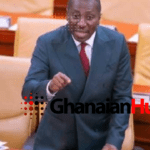Oliver Barker-Vormawor Granted Bail After Anti-Galamsey Protest Arrest

Oliver Barker-Vormawor Granted Bail: Oliver Barker-Vormawor, a prominent Ghanaian activist and convenor of the anti-galamsey protest organized by the Democracy Hub, has been granted bail of ¢20,000 on Wednesday, October 16.
This decision comes after three previous unsuccessful attempts to secure his release, as both the Accra High Court and the Circuit Court had earlier denied his bail applications. His case has attracted considerable attention, given his vocal stance against illegal mining, locally known as galamsey, which has caused widespread environmental damage across Ghana.
Background on the Arrest
Barker-Vormawor’s arrest occurred during a protest against galamsey, a practice that has devastated the country’s natural resources, particularly its water bodies and farmlands. Galamsey has become a significant issue in Ghana, leading to the contamination of rivers, deforestation, and soil degradation. Despite government crackdowns, illegal mining persists, often driven by poverty and the high value of minerals like gold.
The protest organized by the Democracy Hub aimed to draw public attention to the consequences of illegal mining and to pressure authorities into taking more decisive action to combat it. Several environmentalists, civil society groups, and concerned citizens participated in the demonstration, underscoring the urgency of addressing galamsey and its adverse effects on Ghana’s ecosystems and communities.
Legal Challenges and Allegations
Oliver Barker-Vormawor Granted Bail: Following his arrest, Barker-Vormawor faced accusations of engaging in unlawful activities during the demonstration. While the specifics of the allegations remain under investigation, one reported incident involved the activist allegedly removing the keys from a police van parked at the protest site. His actions were deemed a disruption of law and order, prompting his arrest. However, many of his supporters argue that his detention was an attempt to intimidate those advocating for stricter environmental protections and holding authorities accountable for ineffective enforcement against galamsey.
Also read: Illegal Mining Threatens Ghana Infrastructure Development.
His initial bail applications were rejected, leading to heightened concerns over the treatment of environmental activists in Ghana. His lawyers argued that his continued detention was a violation of his rights, as he was merely exercising his freedom of speech and right to peaceful assembly. The subsequent granting of bail provides a temporary relief, allowing him to continue his activism while preparing to defend himself against the charges.
Oliver Barker-Vormawor Granted Bail
Ongoing Advocacy Against Galamsey
Despite the legal obstacles, Barker-Vormawor remains committed to the fight against galamsey, advocating for robust environmental reforms and transparency in the government’s approach to illegal mining. His activism has extended beyond demonstrations, as he calls for the implementation of sustainable mining practices, the rehabilitation of degraded lands, and stricter penalties for illegal miners and the entities that enable them.
Barker-Vormawor’s efforts are part of a broader anti-galamsey movement, which has seen environmentalists, civil society organizations, and local communities come together to demand greater accountability from both the government and mining companies. The movement has brought attention to the socio-economic factors that drive illegal mining, including unemployment and lack of access to formal mining licenses for small-scale miners. Activists like Barker-Vormawor argue that addressing these root causes is essential for creating long-term solutions to the crisis.
Impact and Significance of the Anti-Galamsey Movement
The movement against galamsey has sparked nationwide discussions about the future of Ghana’s natural resources and the need for sustainable development. The issue has also highlighted the limitations of existing regulations and enforcement mechanisms, as illegal miners continue to operate in various regions despite crackdowns and military interventions. Many critics argue that corruption and lack of political will have hampered efforts to eradicate illegal mining.
Barker-Vormawor’s case illustrates the challenges faced by activists advocating for environmental justice in Ghana. His arrest and subsequent legal battles have drawn attention to the risks that come with activism, especially in a context where powerful interests may benefit from the continuation of illegal mining activities. Nonetheless, his release on bail represents a victory for those advocating for the protection of civil liberties and the right to protest.
With Barker-Vormawor now out on bail, the anti-galamsey movement is expected to gain even more momentum. Activists are urging the government to review its policies on mining and to introduce reforms that address both the environmental impact of galamsey and the socio-economic factors that fuel it. Some have called for the establishment of community-based monitoring groups to help identify and report illegal mining activities, while others advocate for providing alternative livelihoods to those currently engaged in galamsey.
The movement has also emphasized the need for a comprehensive national strategy that incorporates rehabilitation of mined lands, stricter enforcement of environmental laws, and greater public participation in decision-making processes related to natural resource management. The ongoing dialogue around these issues is seen as an opportunity for the government to demonstrate its commitment to sustainable development and environmental protection.
As Barker-Vormawor prepares to continue his activism, his case has become a symbol of the broader struggle against environmental exploitation in Ghana. His advocacy is expected to focus on not only ending illegal mining but also on ensuring that future generations can inherit a clean and safe environment. His experiences have galvanized other young activists who see him as a figure who embodies the resilience and determination needed to confront environmental injustices.
The outcome of his legal proceedings could have significant implications for the future of activism in Ghana, particularly in terms of how the state responds to protests and dissenting voices. For Barker-Vormawor, the bail represents not just a legal reprieve but a validation of the right to challenge harmful practices and advocate for a sustainable future.
Oliver Barker-Vormawor Granted Bail: In conclusion, the granting of bail to Oliver Barker-Vormawor marks a critical moment in Ghana’s ongoing fight against galamsey. His activism highlights the urgent need for systemic changes in how the country manages its natural resources, and his case has underscored the importance of safeguarding the rights of those who speak out for environmental justice. The anti-galamsey movement is poised to continue its advocacy, pushing for policies that prioritize environmental protection and sustainable development in Ghana.


 English
English 